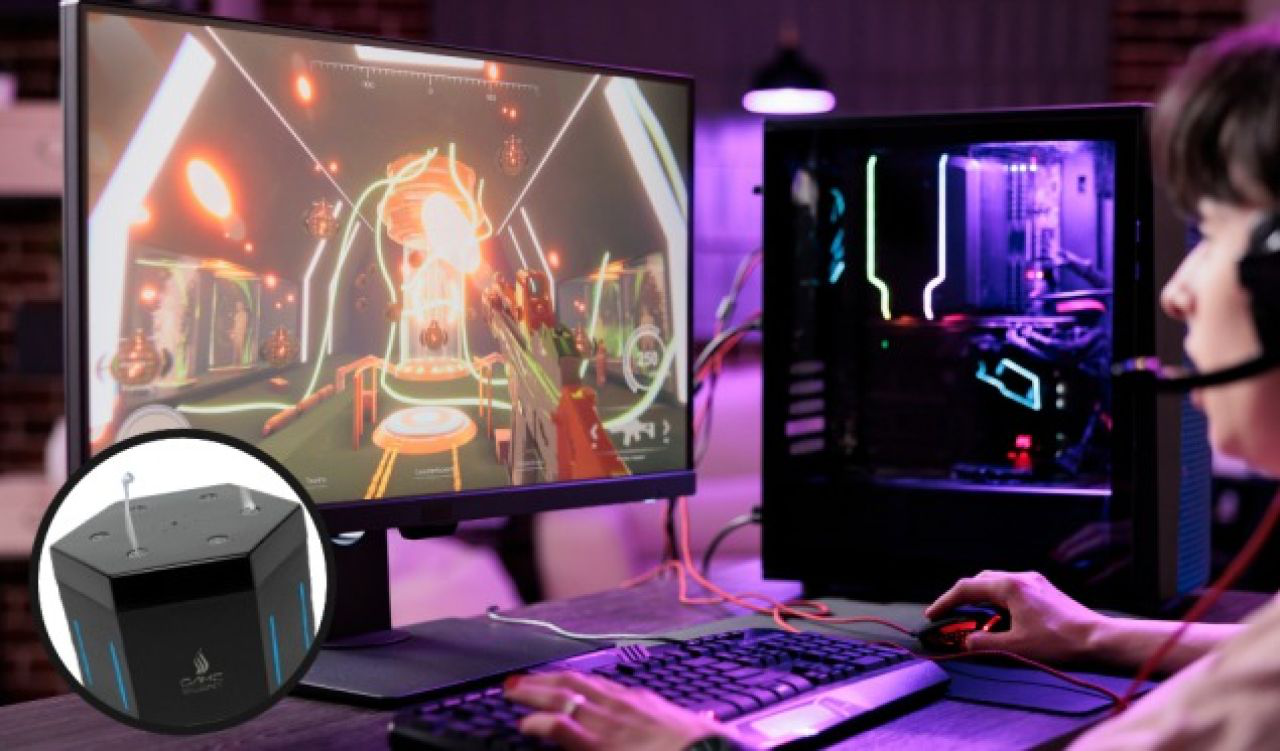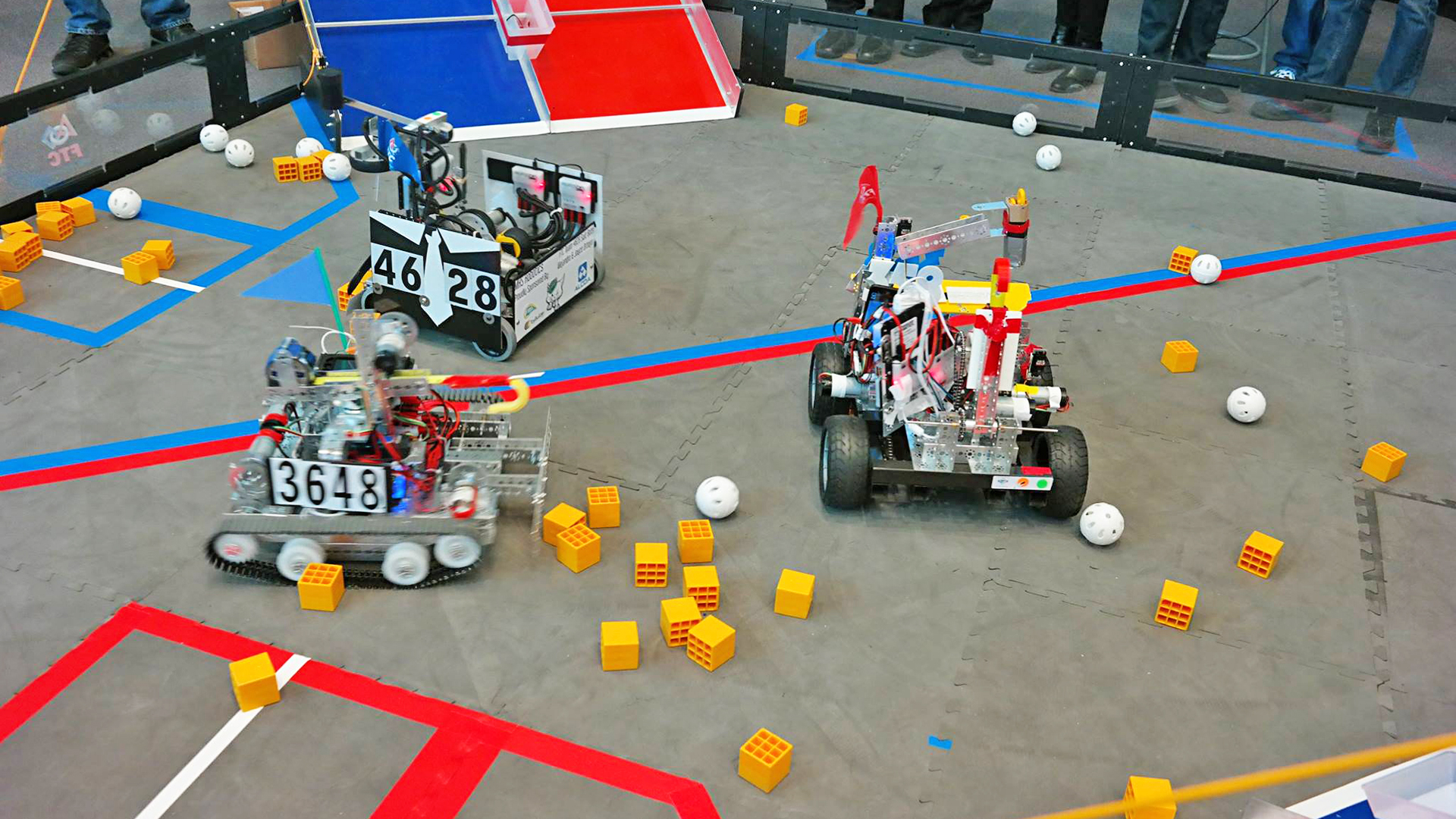The virtual world and the concept of the metaverse are emerging as transformative forces, often dubbed the future of the internet. These digital realms, once confined to the realms of science fiction, are now becoming integral to our online experiences, revolutionizing the way we connect, collaborate, and interact.
Defining the Metaverse
The term “metaverse” refers to a collective virtual shared space that is created by the convergence of physical and virtual reality. It goes beyond traditional 3D spaces, encompassing augmented reality (AR), virtual reality (VR), and various other immersive technologies. In the metaverse, users can engage in persistent, shared, and interactive experiences, blurring the lines between the digital and physical worlds.
The Evolution of Internet Interaction
The evolution of the internet has seen a transition from static web pages to dynamic, interactive platforms. Social media, online gaming, and virtual communities laid the foundation for the interconnectedness we experience today. The metaverse takes this a step further by creating an immersive, 3D digital space where users can interact with each other and digital content in real-time.
The Rise of Virtual Reality
Virtual reality technologies have played a pivotal role in shaping the metaverse. VR headsets and devices transport users into digital environments, providing a level of immersion previously unimaginable. This technology has found applications not only in gaming and entertainment but also in fields like education, training, and virtual tourism.
Immersive Social Experiences
The metaverse is not just about technology; it’s about fostering meaningful social interactions. Platforms within the metaverse aim to recreate the spontaneity and richness of real-world social interactions. Users can attend virtual events, explore digital landscapes, and engage in shared activities, redefining the way we connect with others in the digital realm.
Economic Opportunities and Virtual Economies
As the metaverse expands, it brings forth new economic opportunities. Virtual economies are emerging, driven by the buying, selling, and trading of virtual goods and services. Digital assets, such as non-fungible tokens (NFTs), are becoming increasingly valuable, opening up new avenues for creators, artists, and entrepreneurs within these virtual spaces.
Challenges and Ethical Considerations
While the metaverse holds immense promise, it also presents challenges and ethical considerations. Issues related to privacy, security, digital ownership, and inclusivity must be addressed to ensure a positive and equitable virtual experience for all users. Striking a balance between innovation and responsible development is crucial as we navigate this evolving digital landscape.

Conclusion
The virtual world and the metaverse are not distant concepts; they are rapidly becoming integral components of our digital future. As technology continues to advance, the metaverse will likely redefine how we work, socialize, and engage with information online. Embracing this evolution with a keen awareness of its challenges will be key to unlocking the full potential of the metaverse as the next frontier of the internet. The virtual future is not a distant horizon—it’s unfolding before our eyes.


